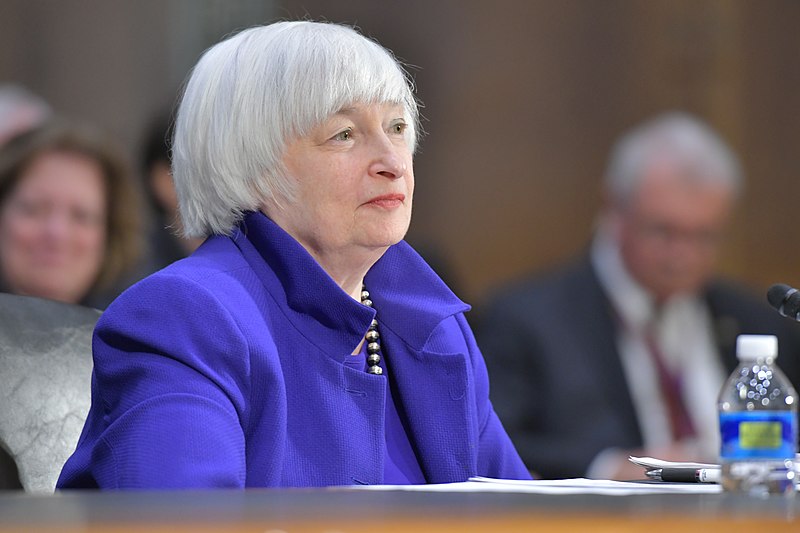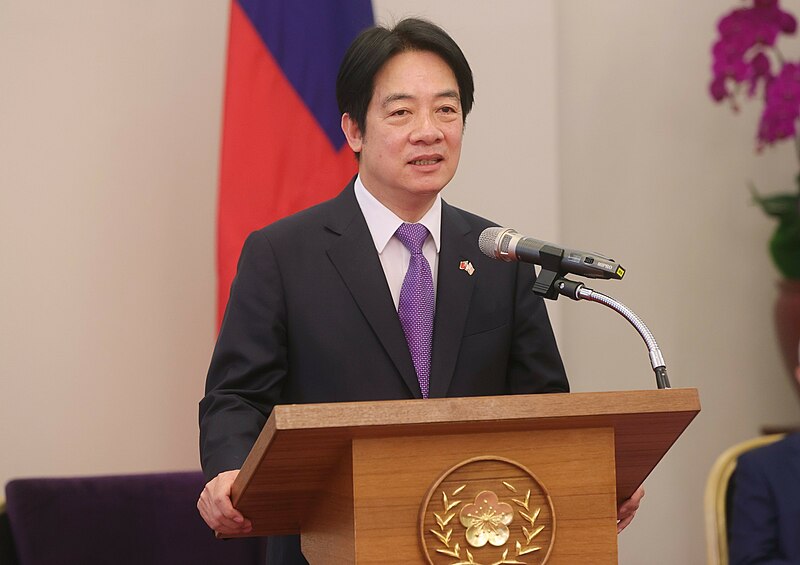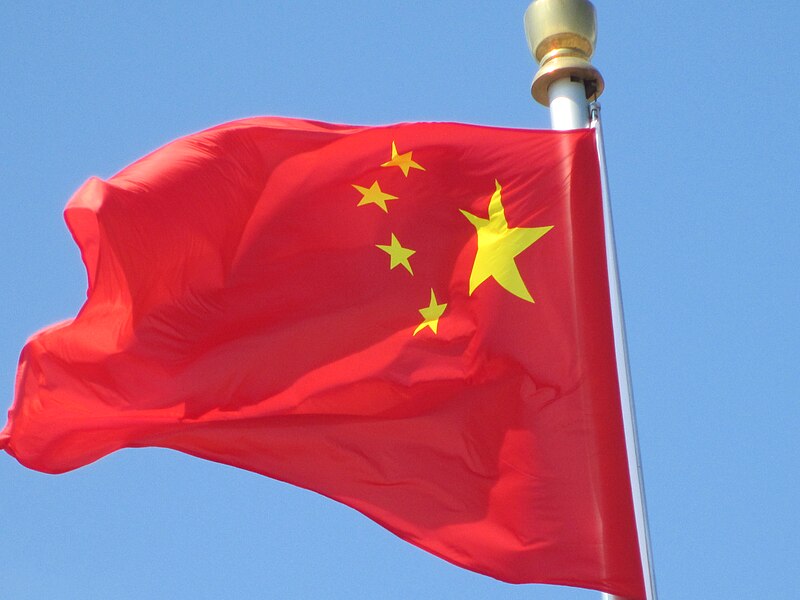
Trip.com Group, one of the world's largest online travel agencies based in China, announced on Friday that it will pay its employees 50,000 yuan ($6,897.69) for each child they have starting
from July 1. This initiative, the first of its kind by a large private company in China, aims to address the country's aging population challenges.
Under the program, the company will provide a parental cash subsidy of 10,000 yuan annually for a duration of five years for every child born to its employees worldwide. The implementation of this initiative is estimated to cost around 1 billion yuan.
James Liang, the executive chairman of Trip.com, expressed his support for the government to provide financial assistance to families with children, particularly multiple children, in order to fulfill their desires. He also emphasized the role that companies can play in creating a favorable environment for fertility.
China's previous one-child policy, which lasted from 1980 to 2015, has resulted in concerns about the country aging before becoming wealthy, with a shrinking workforce and increasing financial burdens on local governments to support the elderly population.
The birth rate in China declined to 6.77 births per 1,000 people last year, the lowest on record, compared to 7.52 births in 2021. Despite the relaxation of the policy in 2021, allowing couples to have up to three children, many couples have been hesitant to have more children due to factors such as high childcare and education costs, low income, limited social safety nets, and gender inequality.
James Liang, who is also a demographer, recently published a book titled "Population Strategies: How Population Affects Economy and Innovation," where he proposed allocating 2% of China's GDP to promote fertility. Photo by Trip.com Group, Wikimedia commons.
























